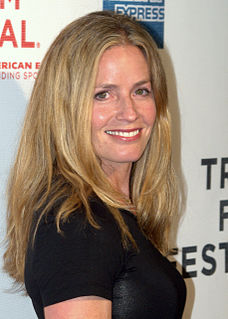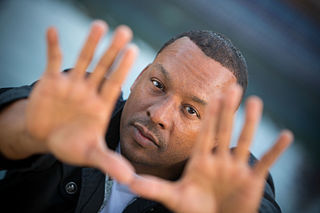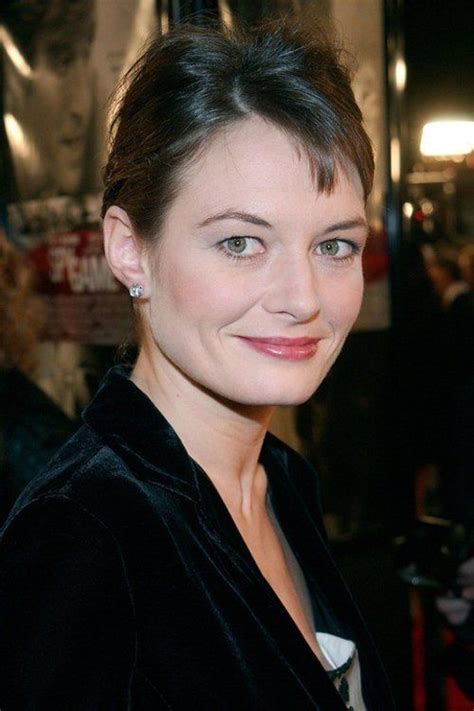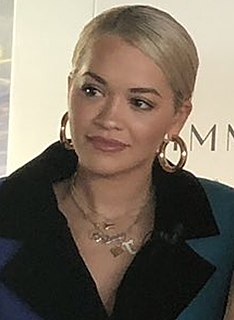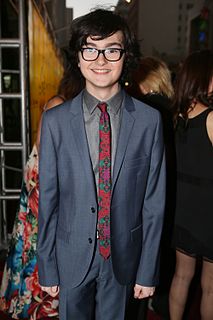A Quote by Martin Scorsese
The only thing I really wanted was the freedom to be able to get what I want on film. I’ve dealt with the MPAA since 1973, so I know how to renegotiate and rework.
Related Quotes
It's funny how film is the slowest art form to adapt to freedom. It's had freedom all along. It could've done whatever it wanted to. You know the same freedom that do-it-yourself punk and post-punk musicians had in the late 70s and ever since. That's about the time I started getting interested in film, and I assumed that film would be moving along with the other pop culture forms. Its finally done it but it's taken decades for it to catch up just to basement band level.
Well, outside of the tone, the big thing that I gained from working on horror film was how to shoot really quickly with no money. I learned how to be able to go into a production and know exactly what shot I need to get and how the shot needs to look and what performance I need to get out of the talent at a very quick pace.
In working on a drawing or a painting, one can rework and rework and rework and change ideas until you get it the way you think is right at that time. With clay that's not possible. You either succeed the first time, or you should wad it up and start over again, because you can't mess around with the clay and still have it fresh.
In North America, people get a sense that something is really wrong in government and in our culture. There is a corruption, not only in politics, but of spirit as well, when people are so quick to be violent with one another. I think everybody would like to be able to find a solution to make things better. We have the desire to reform inside of us, and we get frustrated because we don't know how to change things, even if it comes to our own behavior. Sometimes you get frustrated because you don't know how to stop that thing that you know is either hurtful to yourself or someone else.
The hardest stories we tell are always about ourselves. How do you explain that you have been missing your mother for 20 years? I don't know how to explain that to you. I wasn't even sure I wanted to film that, because I don't know how I felt about it. I didn't want to put her through it, and I frankly wasn't ready. Because since I was 16, I just had created my own life for myself, you know? I left when I was 12. I'm 32. And I have gotten to know my mother more through editing her and looking and watching and editing her footage, you know.
I got a manager, and I thought, since I was going out on auditions, I should do this for a living. Then there was this moment on set when I realized I was having a lot of fun, and I really wanted to do this forever. I want to do different stuff, but I want it all to be just as good as this film. I want to be consistent.
When I was a film critic, the reason I kind of found it disenchanting was because the things that I wanted to talk about were the ideas in the movie, the theme of it, and contextual elements that weren't necessarily central to the story. But the only thing people really wanted was a plot description and how many stars I'd give it. It didn't matter how much effort you put into writing a piece, they looked at it solely as a consumer's guide toward going or not going to films.

